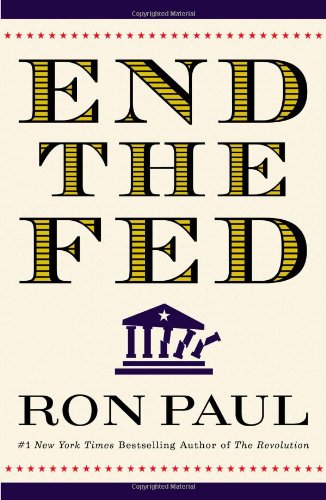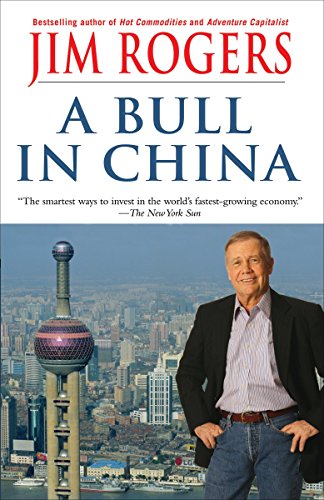The report that China is lightening its load of US treasury debt, open as it is to multiple interpretations, is the sort of thing that keeps markets interesting.
The $34 billion drop in its holdings is a substantial chunk of change by anybody’s reckoning and deserves to be taken seriously. At least it deserves to be taken more seriously than in the last administration when the prospect of Chinese dollar dumping was called “absurd” by Secretary Paulson and “foolhardy” by President Bush.
In reducing its portfolio — Japan is reported to once again be the biggest holder of US debt — perhaps China is firing a warning shot.
Or maybe there is no message intended at all.
Some have suggested that it’s just a function of the way the data is reported, that China could be buying from offshore locations, its holdings transactions simply not picked up and attributed to them. Or in the alternative, that China is just briefly on the sidelines, not replacing maturing instruments in the expectation of somewhat higher rates soon. In either case, goes the sanguine interpretation, the Chinese share of US debt funding is more or less secure.
 The Dollar Meltdown: S...
Best Price: $0.10
Buy New $4.00
(as of 04:10 UTC - Details)
The Dollar Meltdown: S...
Best Price: $0.10
Buy New $4.00
(as of 04:10 UTC - Details)
But there may be a specific message behind the move.
If so it is unfortunate that the range of possible topics is so wide.
The $6.4 billion military package for Taiwan?
The Taiwan arms deal was in development late last year at the same time as the December change in China’s bond position.
A trade war of which tire tariffs are just the latest manifestation?
Push back on currency revaluation pressure?
 End the Fed
Best Price: $1.12
Buy New $8.53
(as of 10:10 UTC - Details)
End the Fed
Best Price: $1.12
Buy New $8.53
(as of 10:10 UTC - Details)
Maybe it’s just a prudent demonstration of real Chinese concern about the dollar/debt train wreck that I have written about in The Dollar Meltdown.
If a message is meant for any of these reasons, a lesson needs to be learned about what happens when the government gets in the business of doing favors for anybody — and everybody.
The Obama administration, like the ones before it and any of its likely successors, is trying to be responsive to constituencies with mutually exclusive desires. The arms industry on Taiwan, unions on tires, US manufacturers on exchange rates: each wants a tough line with China. The Congress and the administration: dependent on the kindness of strangers, among them the Chinese, to keep its binge-spending and vote-buying funded.
 A Bull in China: Inves...
Best Price: $3.50
Buy New $9.57
(as of 11:55 UTC - Details)
A Bull in China: Inves...
Best Price: $3.50
Buy New $9.57
(as of 11:55 UTC - Details)
One thing is certain: if China has intended a message with its treasury portfolio, it will have been made clear to the Obama administration exactly what is being warned about.
Unfortunately, recent transcripts of White House briefing show the press corps’ only recent interest in China has to do with the Dalai Lama’s visit. Tibetan independence is important. But so, too, is US financial independence.
In the meantime it’s a precarious balance, the growing US dependency on foreign creditors alongside domestic industries that have learned to expect the government to guarantee and subsidize their markets, protect them from competition, and meddle with currencies to their special advantage.
This kind of governing cannot last forever and the longer it persists, the more destructive will be its inevitable toppling. The last administration repeatedly warned the Chinese, who were only showing the virtues of good capitalists, not to save as much. That begged the question, who is going to fund our debt if Chinese savers don’t?
We may be about to find out.
This originally appeared on CNBC.






